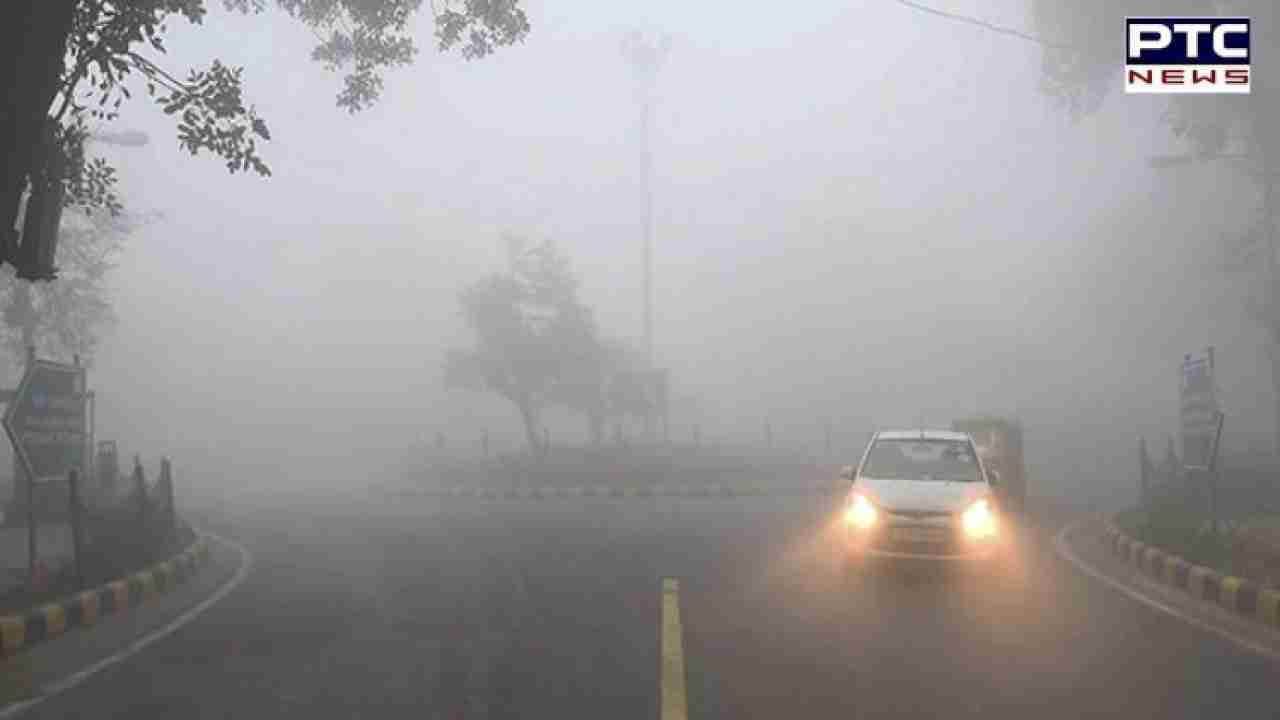

North India to witness dense fog over next three to four days; New Delhi becomes most polluted city in world
PTC Web Desk: The Indian Meteorological Department (IMD) has forecast dense fog conditions for several regions in North India over the next three to four days. IMD scientist Naresh Kumar said, “Dense to very dense fog is prevailing in North and North-west India... In the coming days, dense to very dense fog will prevail in Haryana and Punjab for the next five days. Delhi-NCR will also be covered by moderate to dense fog for the next three-four days.”
On the other hand, in response to the deteriorating air quality, Delhi Lieutenant Governor VK Saxena has announced staggered office timings for government employees, effective until February 28, in an effort to mitigate the impact of pollution.
_ee8922fc1533025eb919615673228320_1280X720.webp)
The Supreme Court has intervened, directing the governments in the national capital region to enforce GRAP (Graded Response Action Plan) stage 4 restrictions until further notice. The court also ordered the states to submit compliance affidavits before the next hearing. Additionally, the governments have been instructed to set up a grievance redressal mechanism for reporting violations of the measures.
The Supreme Court said all states must urgently form teams to monitor the actions mandated under GRAP stage 4.
According to Swiss air quality monitor IQAir, Delhi’s pollution levels have reached alarming heights, recording air quality more than 17 times higher than acceptable levels. On Monday at 12:30 pm, the city’s air quality index (AQI) was measured at 1,743. Typically, an AQI below 101 is considered acceptable, while levels exceeding 300 are deemed hazardous.
At one point, New Delhi ranked as the most polluted city in the world, with an AQI reaching a “hazardous” 1,081. The city’s air also has an extremely high concentration of PM2.5 — particulate matter with a diameter of 2.5 microns or less. This particulate matter can penetrate deep into the lungs, causing severe respiratory and cardiac issues. The PM2.5 levels in Delhi were recorded at 130.9 times the World Health Organization’s recommended safe levels.
- With inputs from agencies
